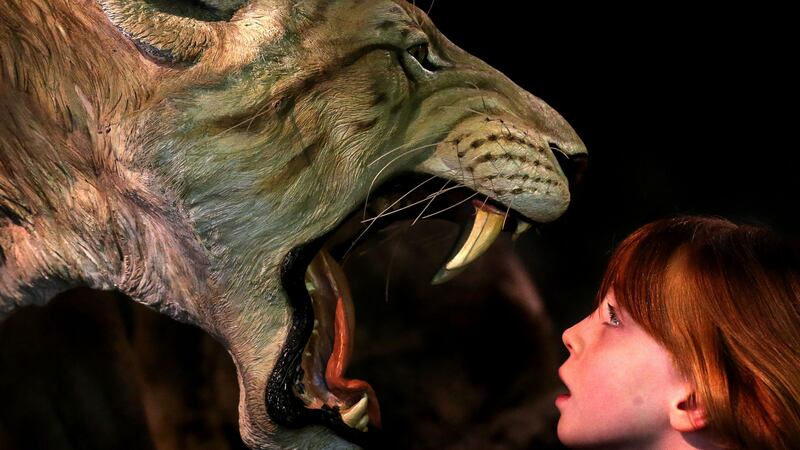Coping with a harsh conditions, rather than social challenges, was chiefly responsible for boosting the size of our brains, a new study has found.
The findings contradict the widely held view that social interaction led the human brain to grow so large.
Instead, big brains came first and led us to become a complex social species, the research suggests.
Other factors thought to play a role in human brain evolution included co-operative behaviour and conflict between rival groups.

Lead scientist Dr Mauricio Gonzalez-Forero, from the University of St Andrews, said: “The findings are intriguing because they suggest that some aspects of social complexity are more likely to be consequences rather than causes of our large brain size, and that the large human brain is more likely to stem from ecological problem-solving and cumulative culture than it is from social manoeuvring.”
For decades, academic debate has raged over the mystery of why the human brain is so large.
The present day human brain is three times larger than that of our ape-like Australopithecine ancestors, which lived in Africa between two and four million years ago.
Over the course of evolution, it has become six times bigger than what would be expected for the average human-sized mammal.
The leading theory explaining how this has happened is the “social brain hypothesis”, which suggests that bigger brains were needed to manage increasingly complex social lives.
The new findings are based on a mathematical model designed to separate the causes and side-effects of large brains.
It shows that ecological factors – learning to survive in tough and dangerous surroundings – were a far bigger contributor to brain size than social interaction.
Human brain evolution was 60% ecologically driven, 30% the result of co-operation, and 10% related to between-group competition.
Paradoxically, the effects of co-operation and between-group competition acted to reduce brain size, not increase it.
Co-operation and team work allowed individuals to save on resources by relying on each other’s brains, said the scientists.
The study, reported in the journal Nature, concludes that a combination of difficult environments and cultural processes probably led to human brain expansion.








